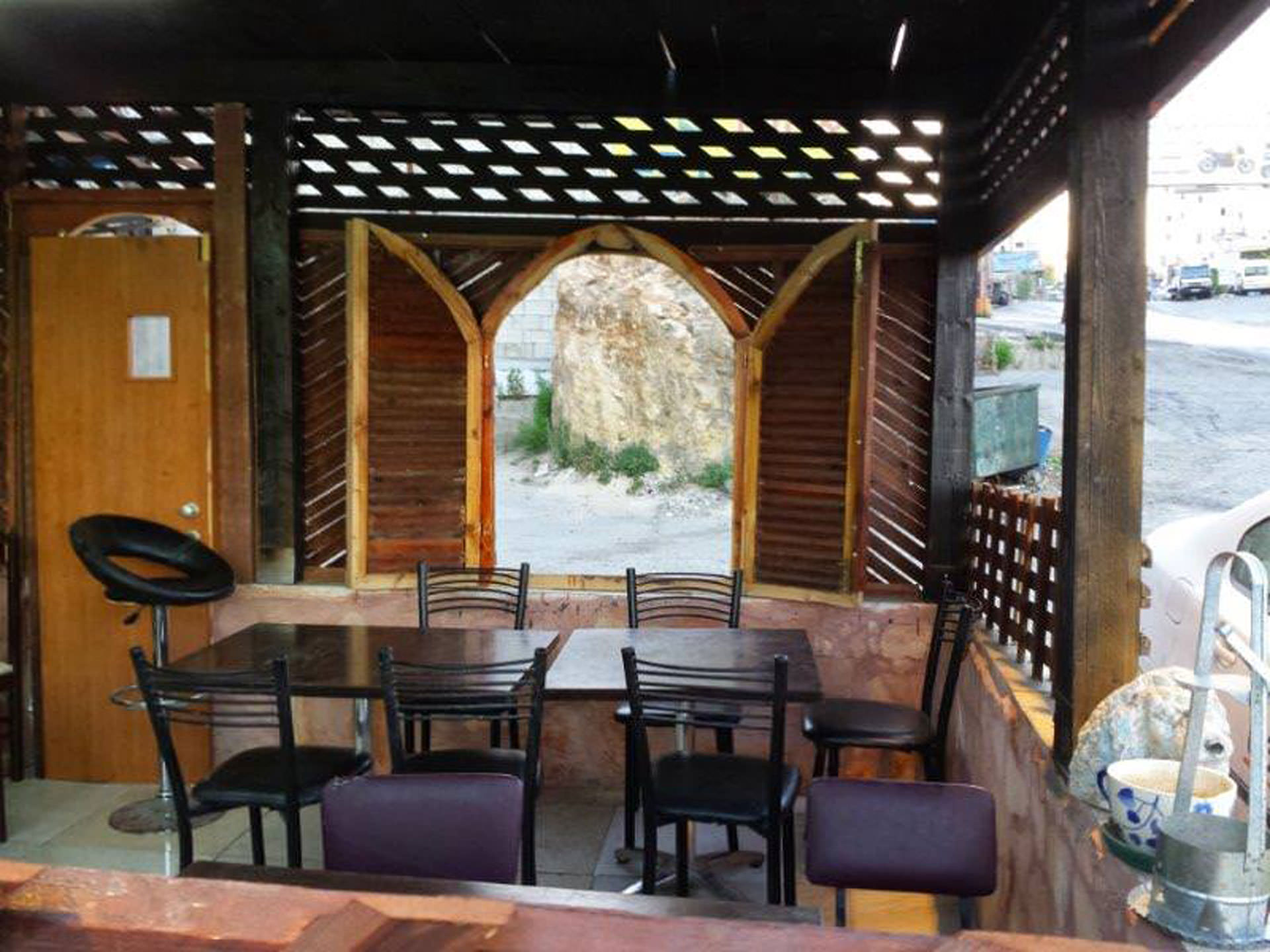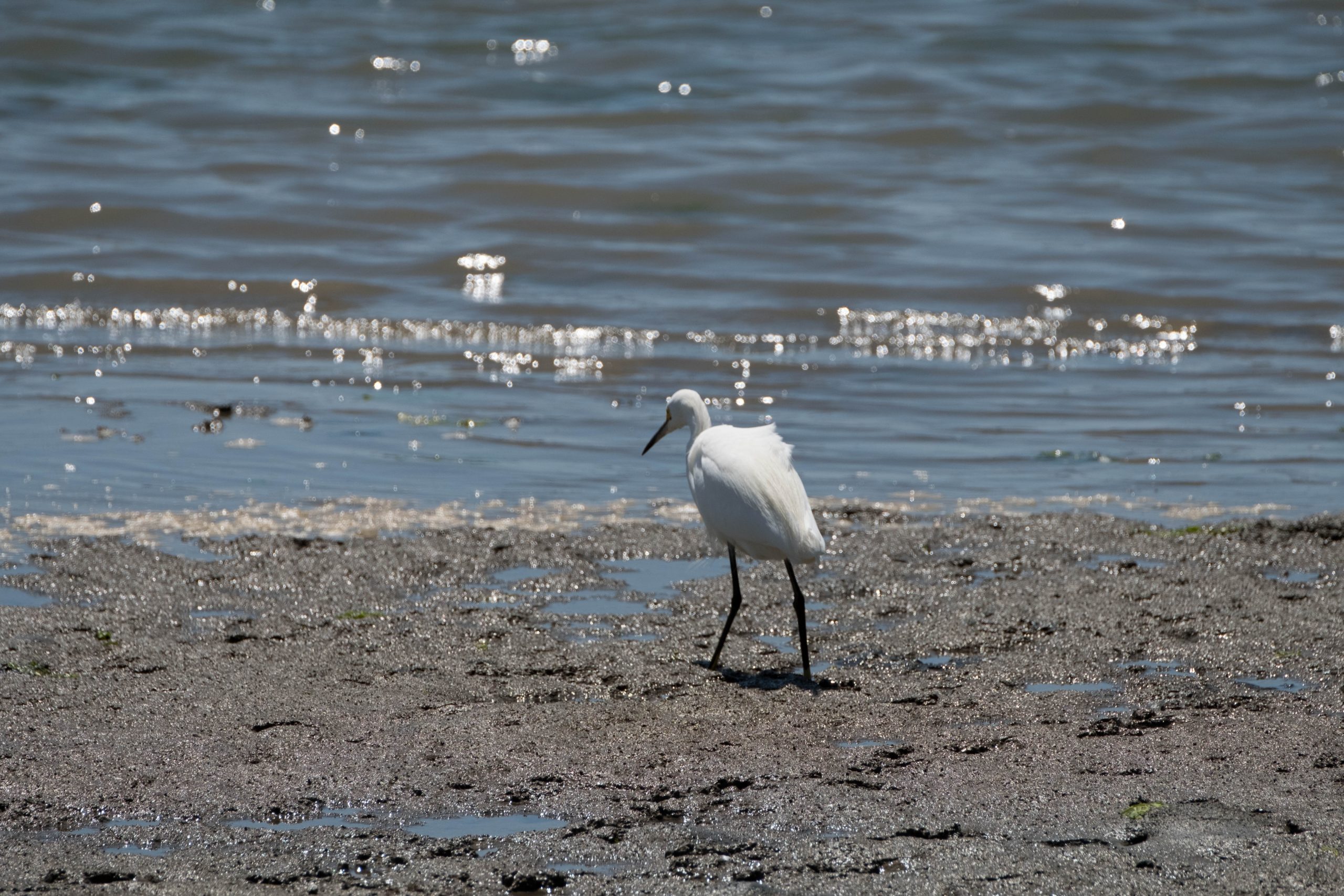
In contrast, in Bedouin life, marriages are often arranged; they are a matter of the community as much as they are a choice between a man and a woman. Bedouin wedding ceremonies and festivities are usually planned not more than a few weeks ahead and they will last for several days. Before the actual wedding, both the bride and the groom will have a bachelor party, according to traditional customs. A party for the whole community is held in the open; more exactly, for the men in the community. Mansaf and Bedouin coffee will be served to all. At night there will be ritualized dancing, in large circles. The women will have a separate party. An official ceremony at which a nuptial agreement is signed will take place within the circle of the close family.
Bedouin men tend to marry their first wife by age 20. Polygamy is common practice in the Bedouin community. Bedouin men may marry up to four women, but nowadays having more than one wife seems to occur less than in previous generations. According to Bashar, the restriction of marrying not more than four women is one imposed by religion, whereas the dwindling of polygamy has to do with more democratization and limited financial resources among the Bedouins. Bedouin men do occasionally marry outside the Bedouin community, but it is rare for Bedouin women to marry a non-Bedouin. Divorces are scarce, and thus women remain protected by their families. 19-year old Ibrahim is one of the sons of the second wife of Bashar’s brother, Abu Ya’akub. Unlike many of his cousins who grew up in the Palestinian Authority, Ibrahim was raised in Israel (in an Arab neighborhood of Jerusalem). Also through his eyes, polygamy is recommended. On the first occasion in which I had any significant interaction with him – I gave him a ride – he shared that he is about to have his driving test and asked if I have a job for him. However, he was mostly concerned with marrying. He stated that he really wants to marry soon, but does not know yet whom to marry. (I suggested that he would wait some more and offered some reasons for postponing marriage.) He also informed about my marital status and mentioned that he believes that it is time for his uncle Bashar to marry a second wife. As we discussed the idea of marrying, it became clear that Ibrahim was clearly aware of other options of relationships between men and women, but he preferred the traditional attitude.








